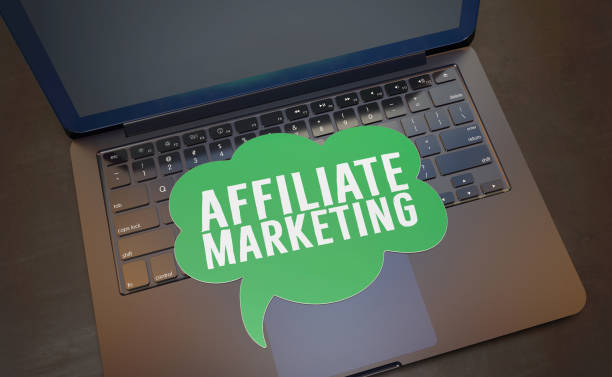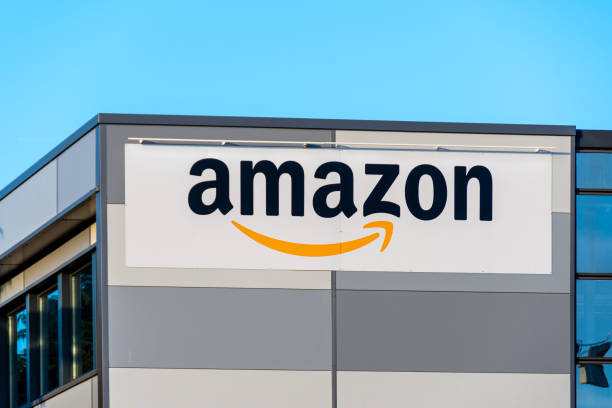With the internet connecting a wide number of people, no one thought that one of the industries that would have greatly benefited is the cosmetic industry. This is because in the past cosmetic sellers have always relied on offline, in-person retail sales to attract new customers for their business. Nonetheless, the emergence of digital platforms and digitization has led to a significant presence of the cosmetic industry in the cosmetics & e-commerce space. With its relevance and success, new trends have emerged pushing this traditional industry to the future.
History of Cosmetics E-commerce
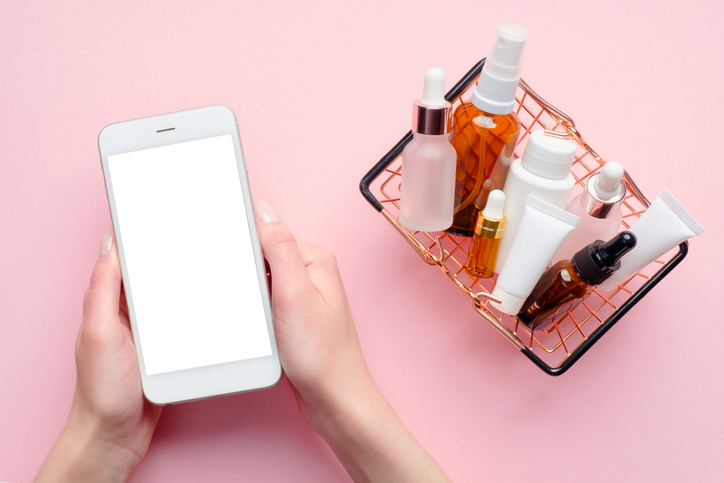
As mentioned before, the convenience and opportunity brought by the E-commerce market have attracted not only small industries but also the cosmetic industry pushing it to new heights. According to statistical data, the e-commerce market for cosmetics is predicted to reach $465.7 billion by 2027.
The emergence of cosmetic e-commerce is an example of how convenience, technology, and the ageless appeal of aesthetics and personal care are combined. Makeup, skincare, haircare, and fragrance consumers no longer only visit traditional brick-and-mortar beauty stores.
Rather, the internet has transformed into a thriving market where customers can peruse, investigate, and buy a wide range of beauty goods right from the comfort of their homes.
Augmented and Virtual Reality
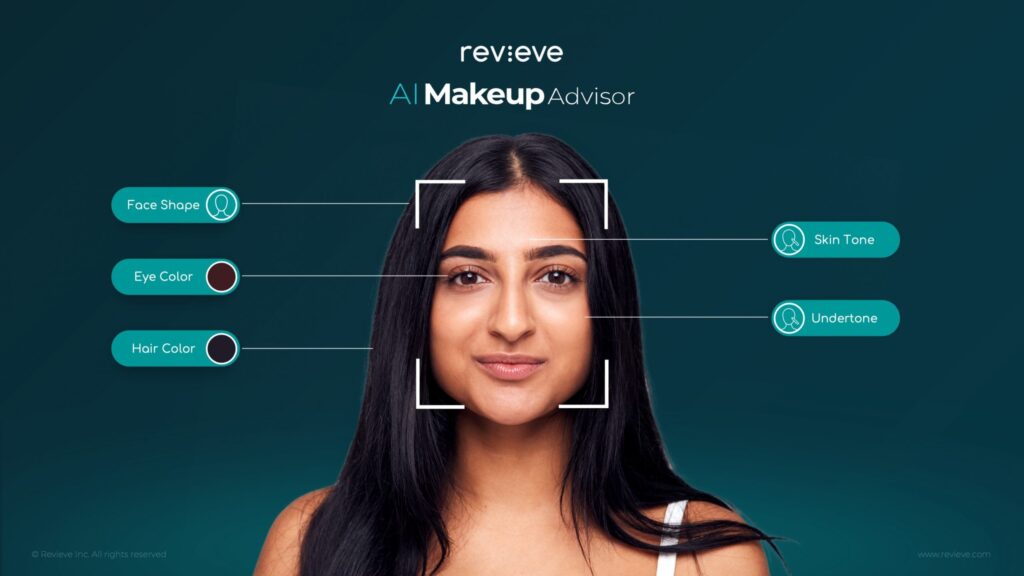
Buying beauty products online has always been difficult because consumers are accustomed to trying hair and skin care products in actual stores. The cosmetics business was among the first to use Virtual and Augmented Reality technologies to help clients “try” products throughout their shopping experience.
One excellent example is the Sephora Virtual Artist app, which allows customers to “try before they buy” by using unique filters to mimic the appearance of various products on the user. Customers can therefore decide if a product is right for them, which lowers return rates and raises customer engagement.
Genuine and Transparent Practices
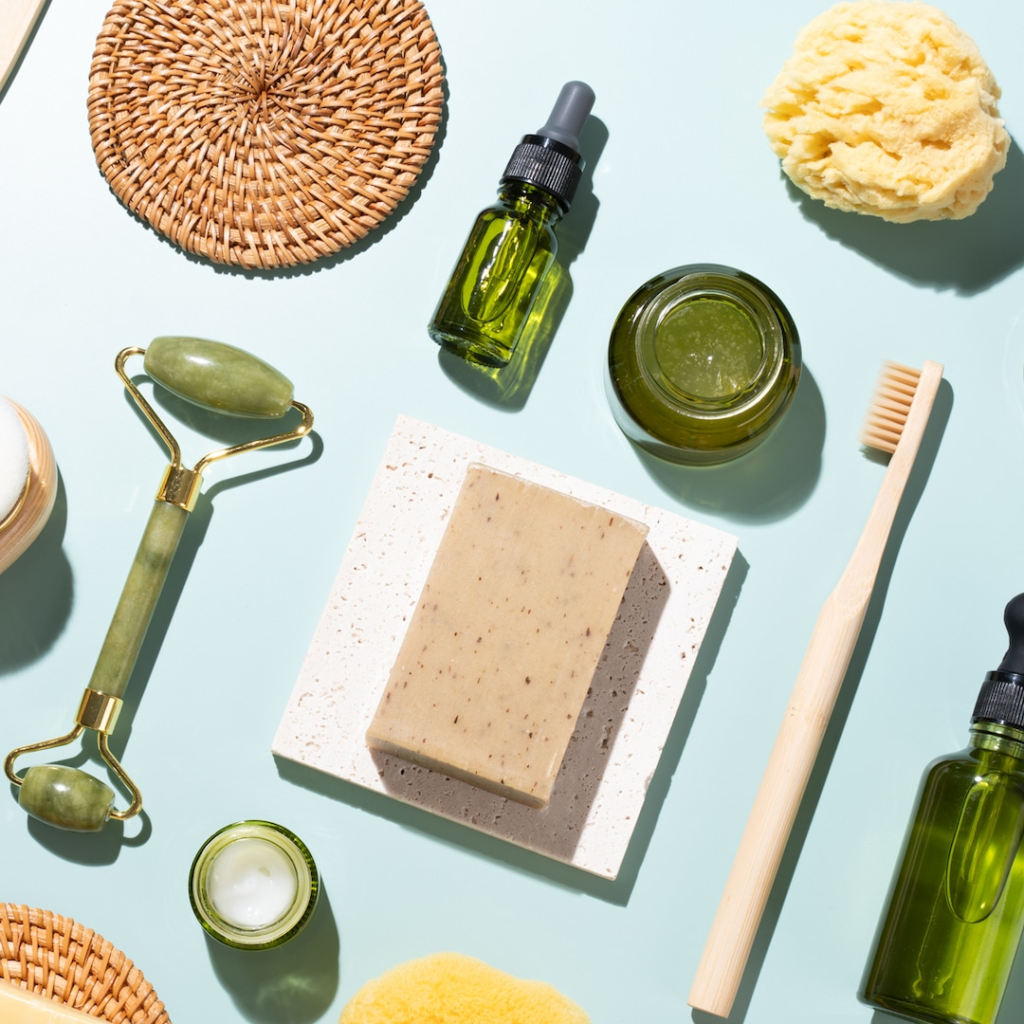
With the great push towards sustainability and ethical methods across all industries, cosmetic businesses gained the chance to demonstrate their dedication to sustainability on e-commerce platforms by emphasizing cruelty-free certifications, eco-friendly packaging, and programs that encourage fair trade or ethical raw material sourcing.
Including this information in product descriptions, brand narratives, and specific online sections can have a profound impact on conscientious customers who give ethical considerations priority when making purchases.
Convenience and Accessibility
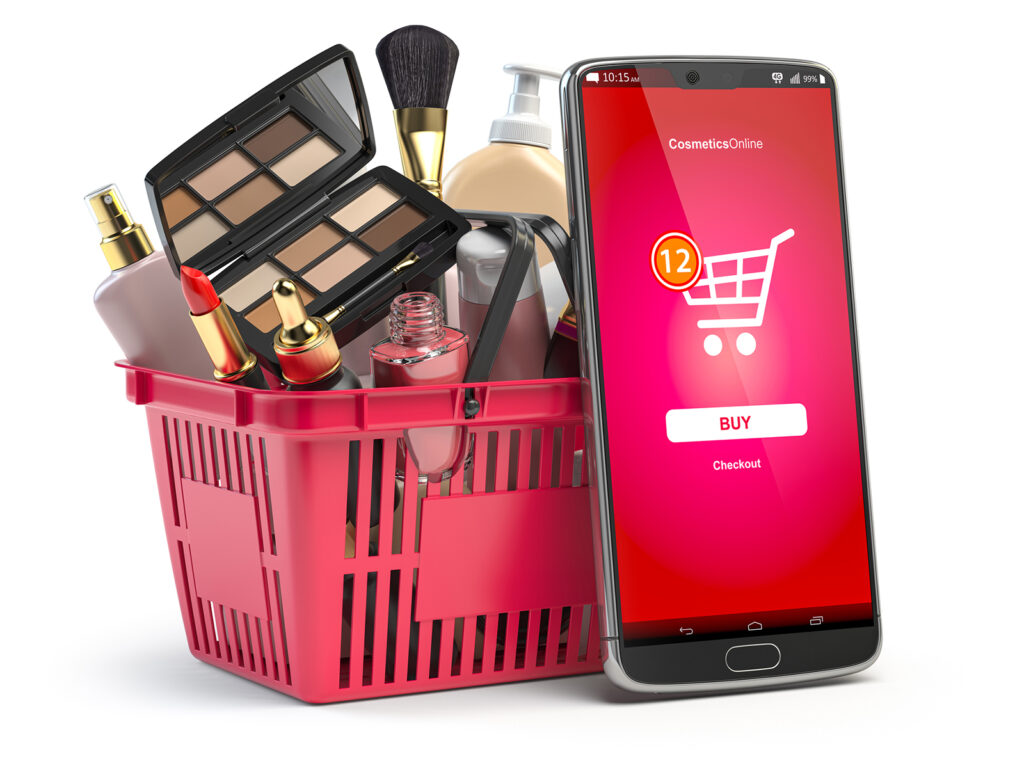
Simplify the purchasing process by providing a smooth mobile experience for customers who are always on the go, improving website navigation, and providing a variety of payment alternatives.
Prioritizing accessibility and convenience in the fast-paced world of cosmetic e-commerce is essential to attracting and keeping clients in a fiercely competitive market. A user-friendly website interface that facilitates navigation and guarantees quick access to products and information is the first step in optimizing the buying experience.
Customers may locate their preferred cosmetic items quickly with the help of clear categorization, user-friendly search functions, and well-organized product pages, which improves their browsing and shopping experience in general.
Partnerships with Influencers

Similar to major brands partnering with big-name celebrities, online businesses can also partner with influencers is a good way to boost brand awareness and expand reach. To reach their target audience, beauty brands rely heavily on social media marketing.
Due to the intense competition for user attention, many brands have begun partnering with micro-influencers and leveraging them to foster brand awareness. That’s because 92% of consumers trust recommendations from influencers over promotions from a brand.
Several cosmetics brands are also using pop culture and entertainment trends to reach out to new consumers.
Conclusion
Thus far, the incorporation of the cosmetics business into e-commerce has completely transformed the way beauty goods are sold, marketed, and used by customers. Cosmetic e-commerce has transformed old retail paradigms with its quick growth, which is expected to reach $465.7 billion by 2027. It offers convenience, augmented reality experiences, and a heightened focus on sustainability and genuineness.
The business has also advanced because of the clever use of influencers, brand alliances, and tailored shopping experiences, which guarantee that brands stay interesting and relevant in the digital era.
The future of cosmetics e-commerce promises ongoing innovation and game-changing trends to satisfy the always-shifting requirements of beauty enthusiasts worldwide, as both technology and consumer preferences continue to advance.

